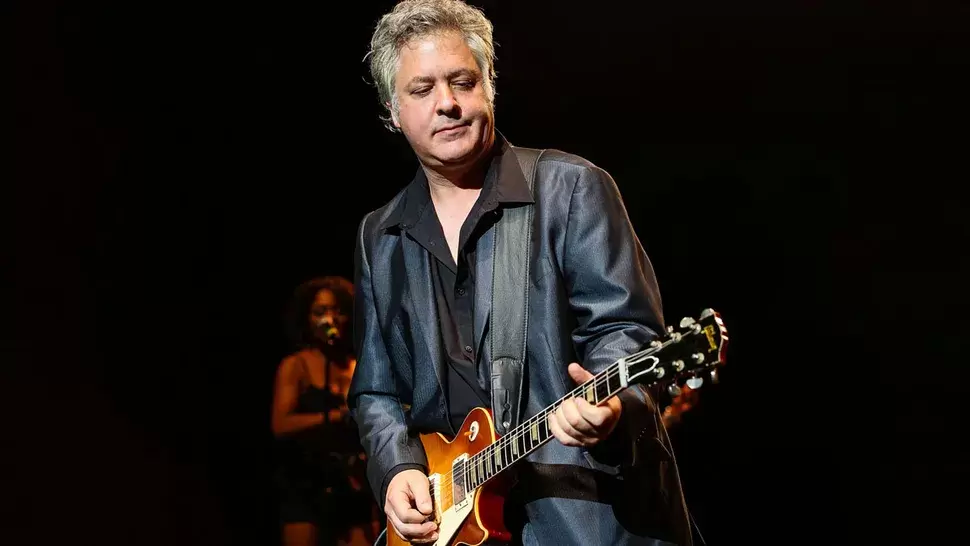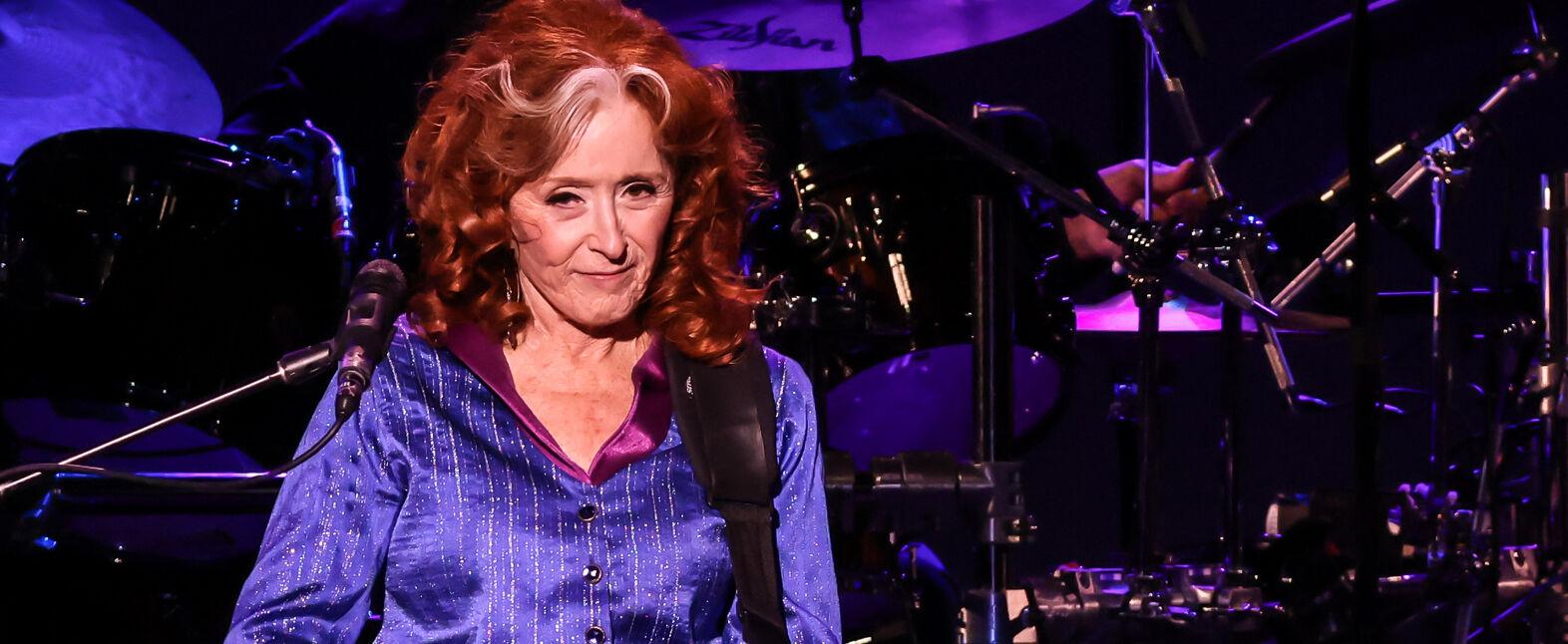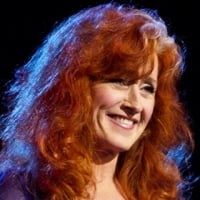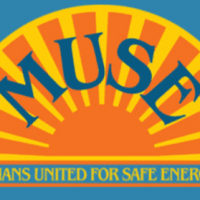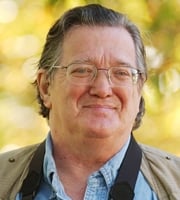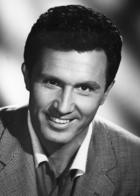Warner Theatre, Washington, D.C., Sept. 24, 1997

Eighteen years have passed since Bonnie Raitt joined Bruce Springsteen, James Taylor, and other musical luminaries at the legendary “No Nukes” concert at Madison Square Garden. And while many of her way-back-when peers who also performed at that show have since suffered artistic or commercial setbacks — see Jackson Browne, Carly Simon, the Doobie Brothers — the red-haired roots-rock diva has demanded that Father Time treat her right.
In what was billed as the largest anti-nuclear concert since then, Raitt and the cause-obsessed Indigo Girls journeyed to the nation’s capital to protest the burial of nuclear waste on Native American land. The crowd was also treated to several surprises — a weathered-looking Browne kicked off the evening with an impromptu, three-song set and pop-folksinger Beth Nielsen Chapman hopped onstage for what seemed like every other song — but the evening’s most satisfying moments came when Raitt curled her whiskey-n-smoke-solid voice around one of her trademark slide-guitar licks.
In a daring, potentially disastrous move, Raitt opened her portion of the show with an a cappella version of Chapman’s new “Color of Roses.” “It’s gonna take a lot of ovaries for me to sing this in front of the woman who wrote it,” Raitt laughed nervously. “But Beth, I love you.” Raitt treated the dirge-like song with solemn respect, conveying more emotion at 48 than she could have at 30.
tip: most convenient way to listen while browsing along is to use the popup button of the player.
As the crowd erupted — some even stood for a shrieking ovation — Raitt invited her three-man backing band (drums, bass, piano) onstage, strapped on a guitar, and ripped into the old Aretha Franklin standard, “Baby I Love You.” If that wasn’t steamy enough, she followed it with a slowed-down bump-and-grind version of “The Road’s My Middle Name.” “Ooh, this is getting sooo slinky,” Raitt purred during her solo, directing her power poses and double entendres at husband Michael O’Keefe. She later tore into Robert Johnson’s “Walkin’ Blues,” then slipped casually into the obligatory “Thing Called Love.” For an encore, Raitt invited the Indigo Girls, Chapman, and Native American singing group Ulali onstage to join her on “Angel From Montgomery” and the Buffy Sainte-Marie classic “Bury My Heart at Wounded Knee.”


THE ‘NO NUKES’ CONCERT, WITH BONNIE RAITT

September 27, 1997
Wednesday’s “No Nukes” concert at the Warner Theatre was the perfect thing to irk Gingrich Republicans: a bunch of unapologetic liberals having a good time being, well, liberals.
The evening went off like a thoroughly politicized version of a musical-variety show, with sets by the artists — John Trudell, Indigo Girls and Bonnie Raitt, with a surprise appearance by Jackson Browne — interspersed with activists and politicians including Sen. Richard Bryan (D-Nev.), speaking in favor of the evening’s cause, barring nuclear waste dumps on Native American lands in the West.
Trudell, an activist turned musician, was by far the most strident, mixing poetry set to the tune of Indian chants by Milton “Quilt” Sahme with somewhat woolly-minded political diatribes (“the whole concept of freedom is just heroin for your consciousness”).
After Browne’s three-song appearance, featuring slide guitar and vocal help from Bonnie Raitt on “World in Motion,” Indigo Girls turned in a hard-edged set, marked by singer Amy Ray’s hyperkinetic stage presence. The Native American vocal trio Ulali provided a passionate accompaniment to “Shed Your Skin”; the set-closing “Closer to Fine” provided a contrasting dose of good-natured musical sloppiness.
Raitt offered easily the best singing of the night; her voice is a rare combination of husky aggression (as in her cover of John Hiatt’s “Thing Called Love”) and choir-girl clarity (Richard Thompson’s “Dimming of the Day”). Much of Raitt’s set consisted of quieter, almost hushed ballads like Beth Nielsen-Chapman’s “Color of Roses,” but plenty of kick remained in numbers like her twitchy, ska-flavored take on “Come to Me” and the show-closing cover of Buffy Sainte-Marie’s “Bury My Heart at Wounded Knee.”

Honor The Earth press conference – Washington, D.C. Sept.24, 1997
Press conference on the West Terrace of the Capitol in opposition to H.R. 1270, the Nuclear Waste Policy Act of 1997, which would allow for the transfer of radioactive waste to Yucca Mountain, Nevada.


tip: most convenient way to listen while browsing along is to use the popup button of the player.





















.jpg)
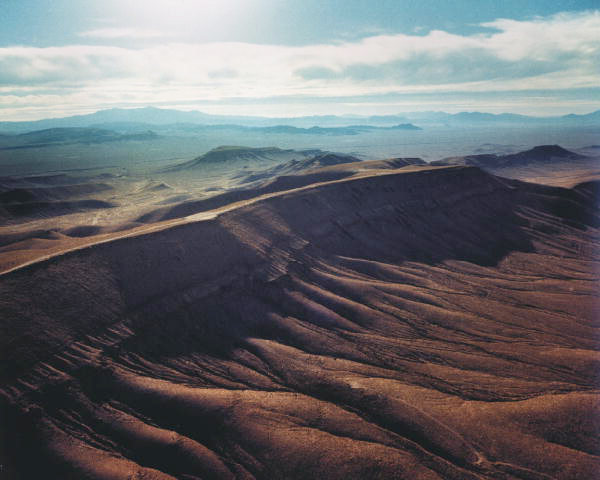
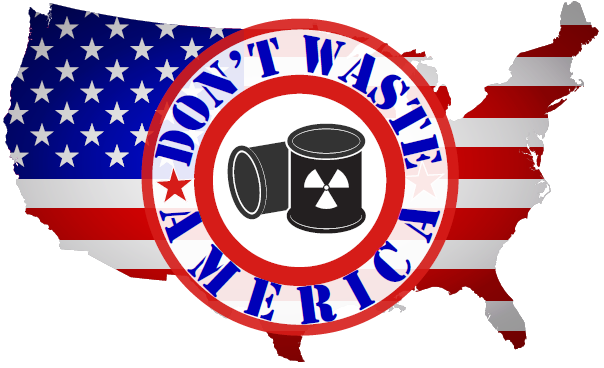












 Visitors Today : 34
Visitors Today : 34 Who's Online : 0
Who's Online : 0












